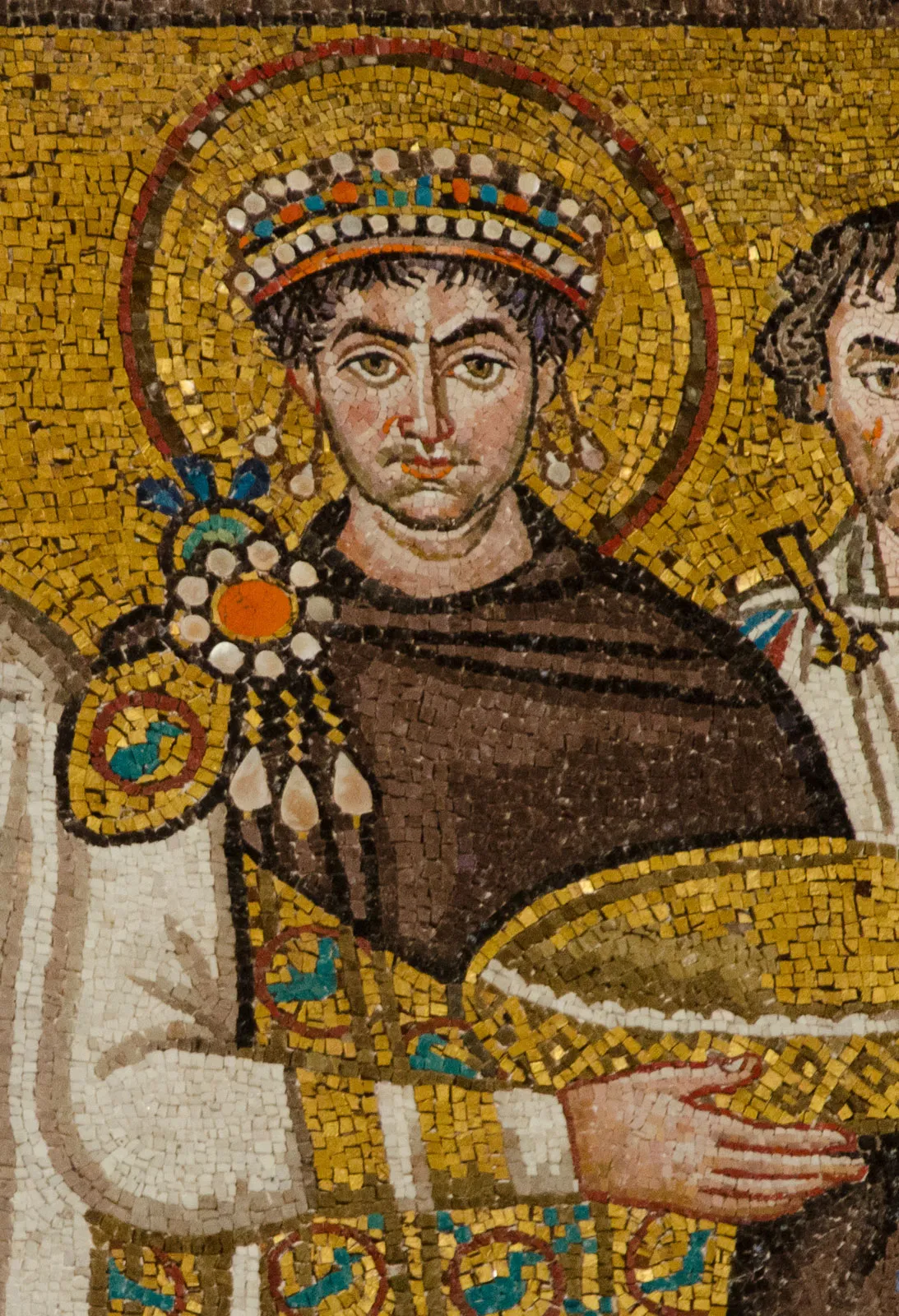Biography of Justinian I
Born at Tauresium, Dardania (perhaps close to present-day Skopje, North Macedonia), Justinian I passed away in Constantinople (now Istanbul, Turkey) on November 14, 565. was a Byzantine emperor (527–565) who is renowned for having sponsored the creation of the Code of Justinian (Codex Justinianus; 534), a code of laws, and for having reorganized the imperial government’s administrative structure.

Biography of Justinian I
Early Life
In contrast to the majority of notable medieval emperors, Justinian was not descended from a royal line. He was born in the Macedonian town of Tauresium to Vigilantia, a peasant lady.
Justinian was lucky because his uncle Justin was a rising star in the imperial guard of the emperor. After adopting Justinian, Justin ordered his relocation to the Byzantine Empire’s capital, Constantinople. There, in addition to learning the law and history, Justinian also acquired a good education.
The man Justinian’s uncle was ambitious. He collected many powerful allies and grew close to the monarch. Justin took over as emperor in 518 after the previous emperor passed away without leaving a successor. Justinian quickly rose to the position of leading general and advisor to his Uncle Justin.
Marrying Theodora
Justinian wed Theodora in 525. Despite Theodora’s social standing, Justinian showed no concern for her. He desired to wed Theodora since he adored her. Theodora was a bright woman who ended up being one of Justinian’s most trusted advisers and allies.
Becoming Emperor
Justinian succeeded his father Justin as emperor in 527. He was a devoted ruler who had a reputation for surrounding himself with gifted individuals.
Expanding the Empire
The Eastern Roman Empire was another name for the Byzantine Empire. Justinian’s aim was to bring the Roman Empire back to its former splendor. Under the leadership of his two formidable generals, Belizarius and Narses, he dispatched his forces. They were successful in regaining most of the territory, including Rome and Italy, that had been lost with the fall of the Western Roman Empire.
Justinian Code
Justinian likewise wished to uphold Roman law. In one location, he had written down every law. Then, in order to guarantee that everyone was covered by the laws, he introduced new ones. We dubbed this body of legislation the Justinian Code. It was crafted so skillfully that several nations all around the world used it as the model for their laws.
Building, Religion, and the Arts
Justinian was passionate about both religion and the arts. Poetry and literature were among the arts that flourished during his rule. He drafted rules to defend the church and put an end to paganism since he was a devout Christian. He was a productive builder as well. Justinian oversaw the construction of fortifications, churches, dams, and bridges all over the empire.
The reconstruction of the Hagia Sophia brought these three facets of Justinian’s devotion together. Even now, this magnificent cathedral remains one of the most well-known and exquisite structures on the planet.
Chariot Race Riots
Despite all of his achievements, Justinian’s rule did not sit well with many people in Constantinople. To finance his army and construction endeavors, he had imposed heavy taxes on his subjects. All of this culminated in a chariot race in 532.
The Green and Blue, the two competing teams, came together at the chariot race to express their distaste for Justinian. They started to get rowdy. Before long, they were destroying most of Constantinople with fire and storming the emperor’s palace. Although Justinian thought about running away, he decided to fight back at Theodora’s encouragement. To put an end to the disturbance, about 30,000 rioters were executed.
Death
Justinian died in 565 after ruling for nearly 40 years. He left no children so his nephew Justin II became emperor.
Biography of Justinian I
Facts about Justinian I
- He introduced new laws that protected both slaves and women.
- There was a horrible plague in Constantinople during the 540s. Justinian got sick, but managed to recover.
- He was the last Roman emperor to speak Latin.
- Because of his hard work he was sometimes called the “emperor who never sleeps.
Read also: Biography of Alfred the Great
 The First Encyclopedia Your First Knowledge Home
The First Encyclopedia Your First Knowledge Home
